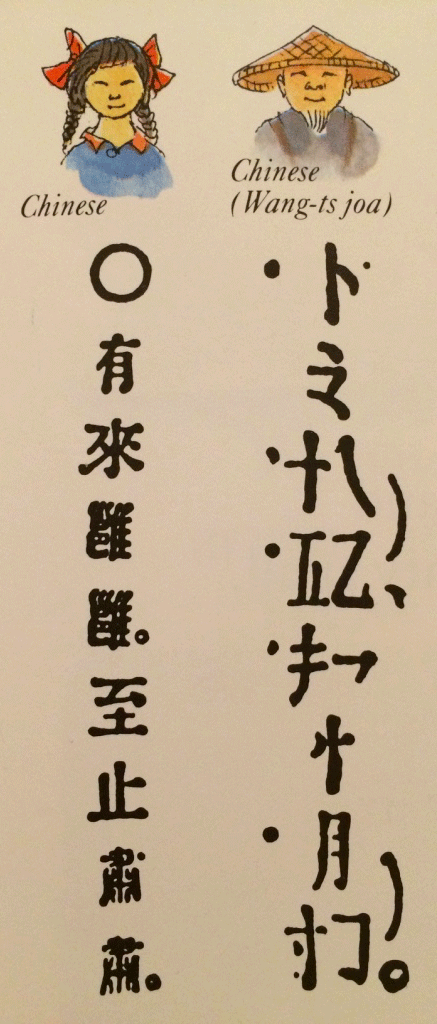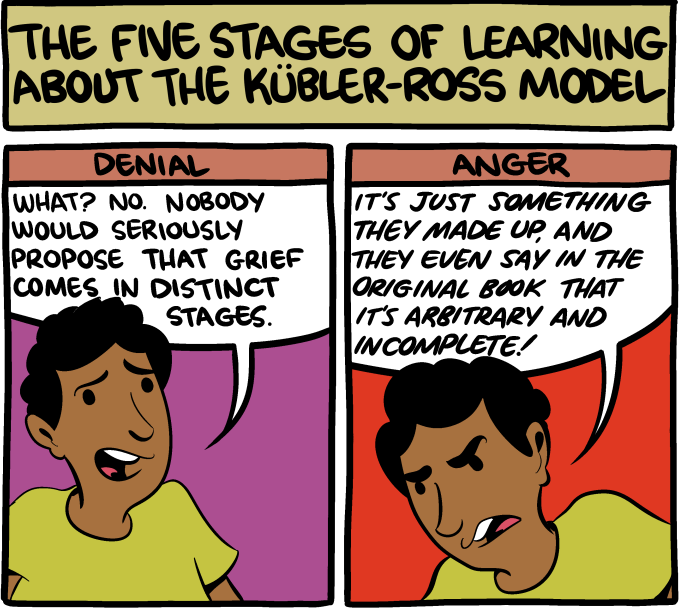Autonomous learning
I had never heard of this concept before, but apparently it is a hot topic, especially among government circles.
On Wednesday, I spoke at this workshop:
Application of the Autonomous Learning Environment in Foreign Language Education LEARN Workshop
Date: Tuesday, July 28th and Wednesday, July 29th
Loyola Columbia Graduate Center
Columbia, MD
The workshop was sponsored by the Federal Business Council in collaboration with several offices of the federal government that are involved with foreign language study and application.
Read the rest of this entry »





